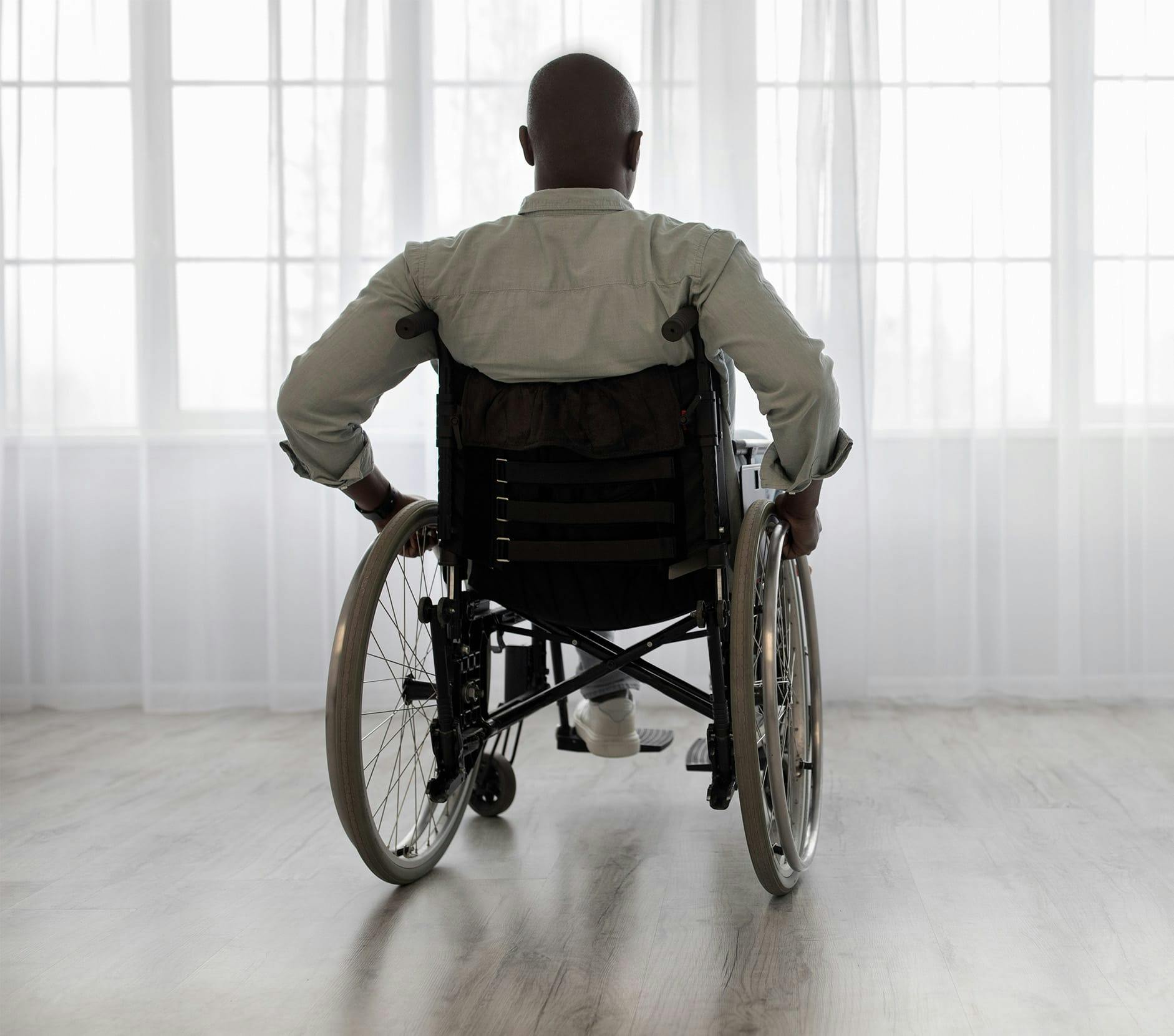A paralysis injury is any incident that causes a person to lose control or motor functionality over a part of their body. While we generally imagine these injuries to affect a person’s arms or legs, paralysis can also affect one’s internal organs. As a result, a paralysis injury will always have a catastrophic effect on one’s future.
Incidents that May Result in Paralysis
Paralysis is the result of damage to a person’s nervous system. This can occur at the point of contact, such as a crushing blow on a person’s leg, or as the result of damage to the spinal cord that carries signals from the brain to the affected body part. Paralysis can result as the consequence of almost any type of personal injury. For example, a car accident can place great pressure on a person’s vertebral column, leaving the spinal cord vulnerable to damage. A slip and fall can also shatter these bones and the nerves within. Even medical professionals are liable for accidents that occur during surgery that cause a person to lose motor function of a body part.
Most paralysis injuries are the result of accidents, though, some cases center around intentional acts of violence. In these situations, an injured person pursuing a personal injury lawsuit must be sure to keep track of any simultaneous criminal case that may take place. Because civil courts will accept a criminal conviction as proof that a defendant committed an act that resulted in an injury, a criminal conviction is powerful evidence in a claim for damages. A Rockwall paralysis injury attorney could explain the causes of paralysis and the resulting effects on civil cases during an initial consultation.



